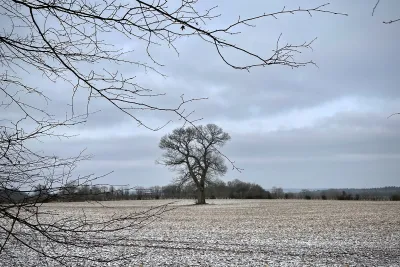Cultural dynamics refers to the ever-evolving nature of human societies and their cultural practices, encompassing everything from language and arts to social norms and traditions. This field of study is crucial for understanding how cultures adapt, interact, and transform over time, influenced by factors such as globalization, technology, and migration. By examining cultural dynamics, researchers can gain insights into the resilience and adaptability of communities, as well as the challenges they face in preserving their cultural identities in a rapidly changing world.
One of the key aspects of exploring cultural dynamics is the interplay between local and global influences. As the world becomes increasingly interconnected, cultures are no longer isolated entities but rather part of a complex global network. This interconnectivity leads to the exchange of ideas, practices, and values, resulting in hybrid cultures that blend elements from various sources. For instance, the spread of digital media has accelerated the dissemination of cultural content, allowing for the emergence of global youth cultures that transcend national boundaries.
Moreover, exploring cultural dynamics involves investigating the role of power and inequality in shaping cultural practices. Cultural expressions are not neutral but often reflect the social, economic, and political contexts in which they emerge. By analyzing these dynamics, researchers can uncover how dominant cultures exert influence over marginalized groups and how these groups resist and negotiate their identities. This understanding is essential for promoting cultural diversity, equity, and social justice, ensuring that all voices are heard and valued in the global cultural landscape.

